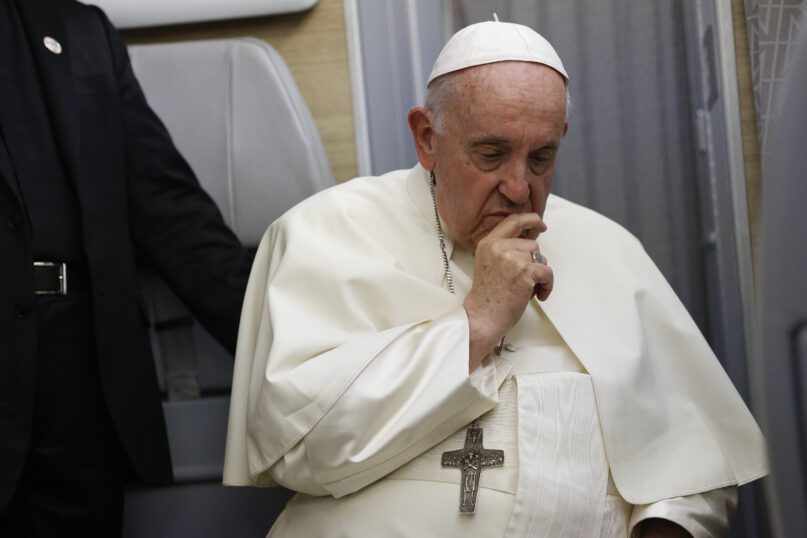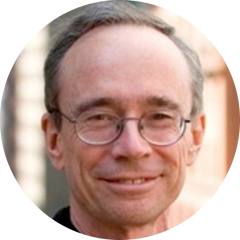(RNS) — Pope Francis’ Synod on Synodality, which will take place in October 2023, is the greatest gamble of this papacy. It may succeed in bringing greater unity to the church, or it could result in greater conflict and division.
Synods under Popes John Paul II and Benedict XVI were stage-managed affairs, where the agenda and debate were carefully controlled. Curial cardinals instructed the gathered bishops what topics could not be brought up or discussed.
Although the purpose of the synod was to advise the pope, speakers spent most of their time quoting the pope to himself: “As you so wonderfully said … ”
Rather than advising the pope, the synod was an opportunity for the bishops to show their loyalty to the pope and his teaching.
Francis broke this tradition in his first synod in 2014, the Synod on the Family, where he encouraged the members to “speak boldly” and not worry about how people reacted to their words. It is hard to overestimate how extraordinary this was. Francis may have gotten more than he bargained for, as bishops not only disagreed with one another but also criticized the pope, something no bishop would have dared do under earlier papacies.
RELATED: Eucharist, sacrament of unity and source of division
The heavy-handed censorship of earlier, more conservative papacies resulted in pent-up frustrations among those who wanted to continue the reforms begun at the Second Vatican Council. Conservatives, meanwhile, felt a sense of entitlement, confident that the Vatican supported their views. This allowed conservatives to criticize progressives as being unorthodox and disloyal to the pope.
All this changed under Francis. Suddenly, conservatives saw a papacy doing things they did not like, saying things that they considered unorthodox. Those who had prided themselves on loyalty to the papacy suddenly began attacking it. They proved loyal only when the papacy agreed with them. In this, they were no different from the progressives under john Paul or Benedict.
Progressives greeted Francis with joy as he encouraged open discussion and stressed compassion and concern for the marginalized. But while Francis has criticized clericalism, he has not embraced the progressive push for married priests and women priests. While he has shown openness to LGBTQ people, he has not changed the church’s teaching on sexual ethics. Nor has he reversed the condemnation of artificial contraception.
Progressives are getting impatient.
As the synodal process has progressed, conservatives have openly expressed fear while progressives loudly voice their desires. Both sides have used the synodal process to push their agendas.
Francis has pushed back on what he terms “politicizing” the synodal process. He stresses that the synodal process beginning in parishes and dioceses should be a time of prayer, listening and discernment, not a time for pushing agendas. It is about consensus building and finding God’s will, not mobilizing supporters to get a majority vote for your agenda.
RELATED: Pope Francis’ reforms to church governance are unlike any since Vatican II
For Francis, you might say that the synodal process is more important than the results. For Americans, who are result oriented, this is unintelligible. Francis sees the experience of prayer, listening and discernment as a way of healing divisions and building the Christian community. If we are not true to the process, the results are meaningless.
Conservatives are too fearful and progressives are too impatient for such a process. St. Ignatius Loyola would say that they lack “indifference,” meaning that they are too attached to their own views to be open to God’s will.
Will the synodal process work? Will it help heal divisions in the church and foster a community that can spread the gospel, care for the marginalized and heal the Earth? Or will it blow up and show the world how divided we Catholics are?
As a social scientist, I am pessimistic, but I hope and pray that Francis once again surprises us.






